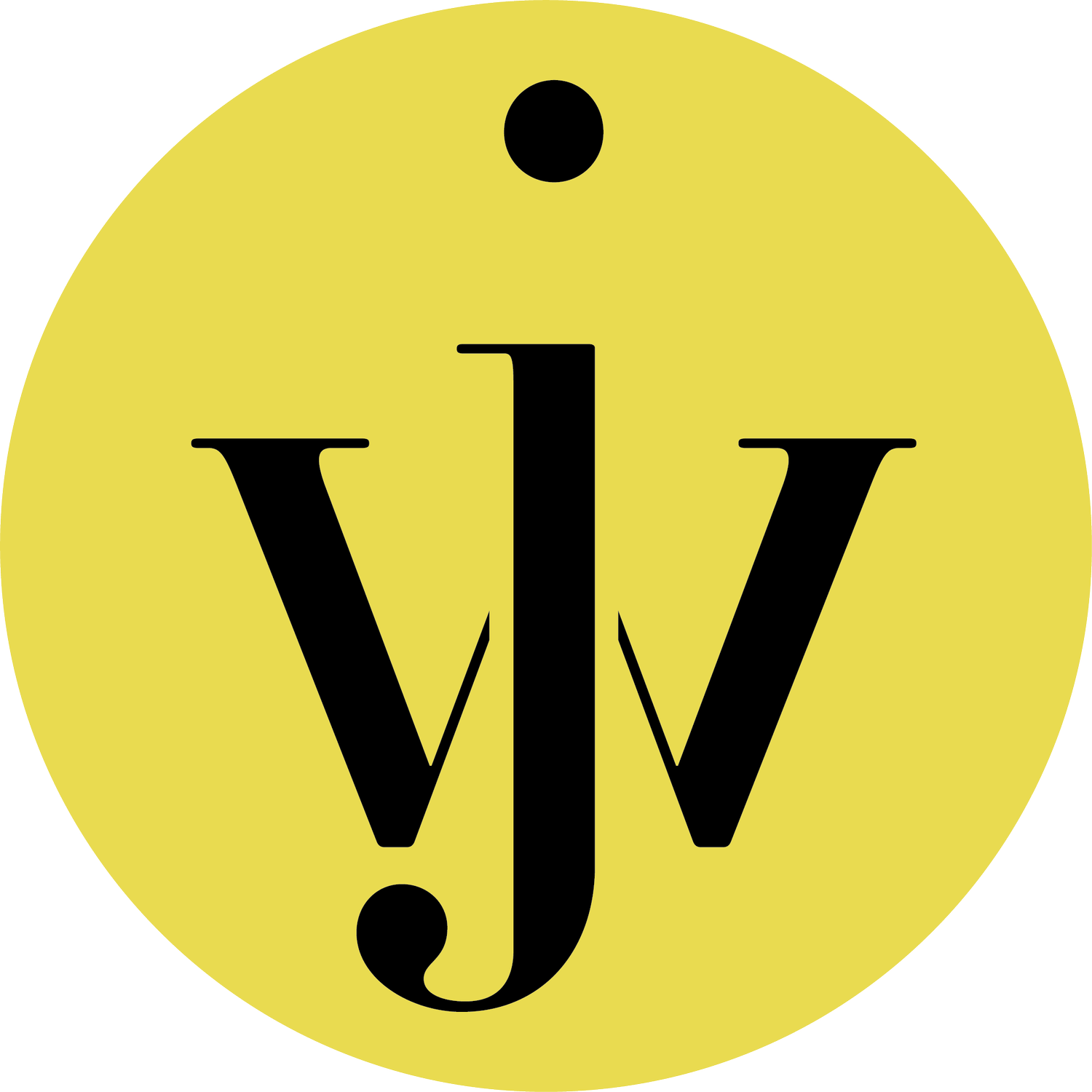[Branding] Summer's End 'Xtravaganza
[Branding] Summer's End 'Xtravaganza
THE MISSION
Each year in September Alpha Pi Epsilon fraternity hosts an event to promote safe and healthy sex. Live music, food, various outdoor games and activities, raffle drawings, etc. are all a part of the event to get as many people there as possible. Proceeds raised from the event go towards Crete Family Health Services which provides access to various contraceptives and other sexual health items. The previous two years’ events were severely reduced in scale due to COVID safety guidelines and as such, attendance for the events was cut significantly (rightly so). For 2022’s event, it was key that we showed people what S.E.X. was supposed to look like.
THE IDEA
One of the biggest cash cows for S.E.X. is selling t-shirts. Whether it’s from previous years or the current one, at least a third of the money made comes from t-shirt sales. Previous designs (while clever) were lacking in terms of visual interest. I focused on the concept of gambling because whether it’s banking on not getting a sexually transmitted disease or not getting pregnant, whenever you have unprotected sex you’re leaving it up to chance.
THE PROJECT
The design features an ape in a floral shirt and visor leaning on the outline of Las Vegas while rolling a pair dice. The words “THINK TWICE. DON’T ROLL THE DICE.” appear below which further allude to the main idea of gambling on unprotected sexual activities.
THE PROCESS
As the main idea of the shirt was gambling, I first began with the idea of using the city outline of Las Vegas somewhere in the design. After some ideation I decided to have the dice being rolled by an ape because Alpha Pi Epsilon spells out “ape” and S.E.X. is an event only put on by our group.
I used King Louie from The Jungle Book as the main inspiration for the ape’s look and used King Dice from the game Cuphead for the reference pose.








